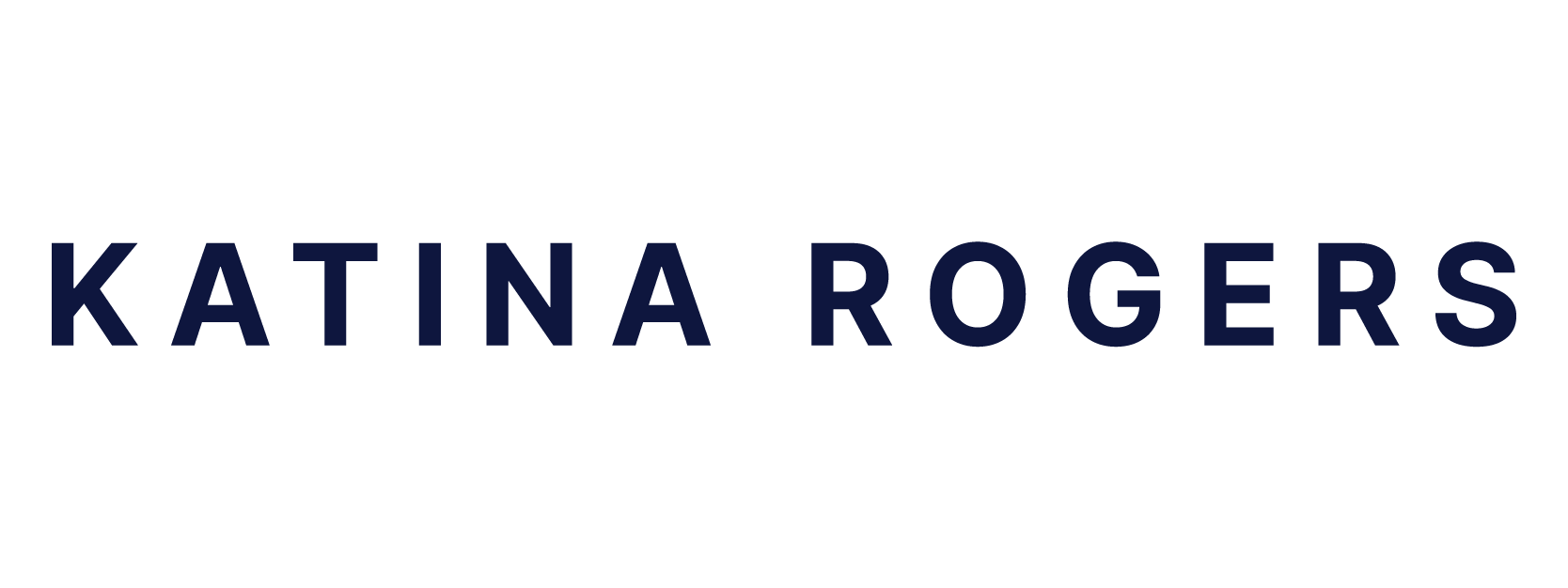[Cross-posted at the Scholars’ Lab website]
I am delighted to announce the release of a report, executive summary, data, and slides from the Scholarly Communication Institute’s recent study investigating perceptions of career preparation provided by humanities graduate programs. The study focused on people with advanced degrees in the humanities who have pursued alternative academic careers. Everything is CC-BY, so please read, remix, and share. I’d especially welcome additional analysis on the datasets.
All of the materials are openly accessible through the University of Virginia’s institutional repository:
- Report, executive summary, and slides (one package): http://libra.virginia.edu/catalog/libra-oa:3480
- Or, download the PDFs separately here for easier sharing: report, executive summary, slides
- Data from the main survey: http://libra.virginia.edu/catalog/libra-oa:3272
- Data from the employer survey: http://libra.virginia.edu/catalog/libra-oa:3500
(Note that the files available for download are listed in the top left-hand corner of each Libra listing.)
Having worked on this for over a year, I’m more convinced than ever about the importance of incorporating public engagement and collaboration into humanities doctoral education—not only to help equip emerging scholars for a variety of career outcomes, but also to maintain a healthy, vibrant, and rigorous field. It has been fascinating to connect with scholars working in such a diverse range of stimulating careers, and to see some of the patterns in their experiences.
Many, many thanks to everyone who has contributed time and energy to this project—from completing the survey, to reading (or listening to) the preliminary reports, to providing feedback and critique.

3 replies on “Now available: Report and data from SCI’s survey on career prep and graduate education”
My recommendations to humanities programs (from the report):
• Evaluate and modify required aspects of graduate-level curricula in favor of including courses that help students to prepare for the wide-ranging career paths that they may pursue upon completion.
• Rethink standard methods courses to structure them around a collaborative project in which students must apply a range of skills toward an end goal centered on methodological understanding.
• Create one-credit courses that center on ecosystems crucial to the academic landscape, such as academic administration and scholarly publishing.
• Form more deliberate partnerships with inter- and para-departmental structures—either within or outside their home institution—that are already engaging in this kind of work. Humanities centers are an excellent example.
• Cultivate partnerships with the public sphere, both to provide graduate students with valuable experience and exposure, and to make a clearer case for the public value of humanities education.
• Encourage (and provide funding for) students to become members in relevant professional associations, even if the students do not intend to pursue careers as faculty.
• Work to expand the understanding of what constitutes scholarship. Encourage faculty to develop collaborative project assignments that allow students to work together in a variety of roles and to communicate their findings to an array of audiences.
• Critically examine the kinds of careers that are implicitly and explicitly promoted to students, and consider ways to increase the visibility of the varied paths that scholars pursue.
• Make a much stronger effort to track former students (including those who may not have completed a degree), and to encourage current and prospective students to connect with former students.
[…] hold these views while working for the the Scholarly Communication Institute, where I conducted a broad-based survey of humanities scholars who self-identified as working in “alternative academic” […]
[…] conversation has evolved a great deal since then. There’s new data available about the kinds of work people are doing and the career preparation they’ve had; […]